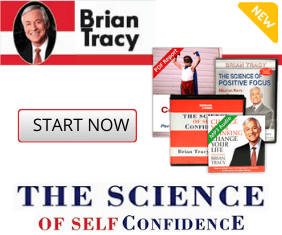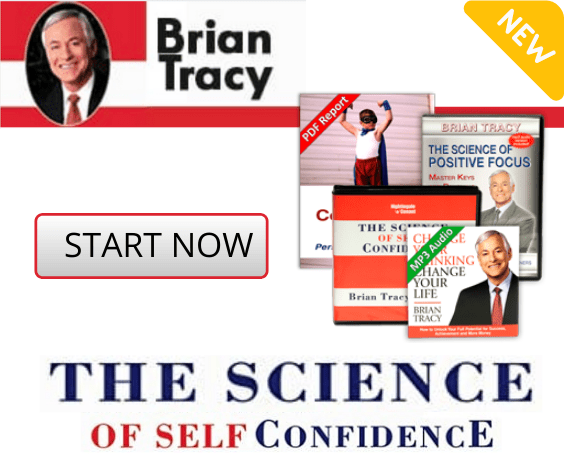In the field of academics, the learning process is by far one of the most challenging experiences. For this reason, many educational programs are probing to find ways on how to support, facilitate, and pilot learning in an optimized way. Learning, for any individual, the amplitude and enormity of the intensity of being proficient to understand and analyze will be at a specific degree of being, influenced at his or her younger days of school. Although, there are many development and learning methodologies accessible today to assist educators in their expedition to impart and teach, the most victorious of all may be encouraging personal transformation.
Many processes have been underway and have proven to help students in the academic fields of study to make positive changes through self-regulation and self-talk. Largely, children are turning in several directions to standardize their behaviors through self-talk. By means of this natural technique, children are taking on such changes in privacy without others watching them.
The action of self-talk has proven to build self-esteem while encouraging personal transformation. Using dialogue, people can now open discussion with the self, which will help them figure out their problems much easier.
This line of approach is left open for more research; however, it is becoming popular in today’s academic world. Private sectors are even encouraging self-talk in their programs. They have found that self-talk can help progress student is learning process in a more effective way. The environment has become more structured. The improved structural approach has encouraged self-regulation, since it helps students learn on their own.
The effective techniques enable one to probe into the mind. Once the person reaches inside the mind, he or she can then ask questions of the self. Being a personal training of self-talk, and using the techniques for the course of my life, solely I can clarify that self-talk encourages one to think creatively while analyzing the mind more deeply. A tactic encourages meditation and subliminal learning. The tactic also encourages personal change and builds self-esteem.
One can feel confident once they find answers to their problems. Proven studies have lead academics to train students to self-regulate through self-talk. In several academic fields, teachers are introducing and pointing out the value of asking key questions to solve problems.
The structure taught – Question – Ask – what – where – when – who and how
During exercises, the children are tested of their ability to use strategies such as self-talk in order to assess their problems. Teachers are watching closely as children today are making personal transformations that lead to positive attitudes.
Academics are introducing specific understanding and approaches that have proven to work. Through self-talk and regulation, children are taught to ask – What is precisely the problem? Where did the problem begin? When did the problem develop? Who caused the problem? How can I resolve the problem? Self-talk helps one systematically think while probing into the mind to find answers in the subliminal mind. Proven records show that students solve problems effectively by following this model.
Self-development is a strong subject in the world today and is one of the most extensive challenges any one of us must take on. Through self-talk and self-regulation, however, one can probe in the mind to discover ways to develop the whole self. It is the essential requirement of all humans to meet the whole self. Ultimately, one can heal the body and mind through self-discovery.
In the new age, personal transformation is strongly encouraged. Start your self-talk and regulation class today at home or at school and get on the road to success.






